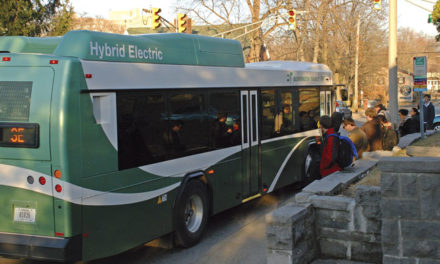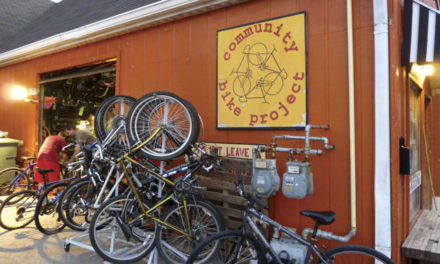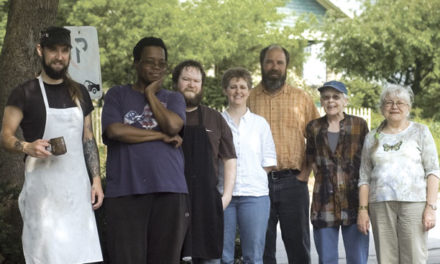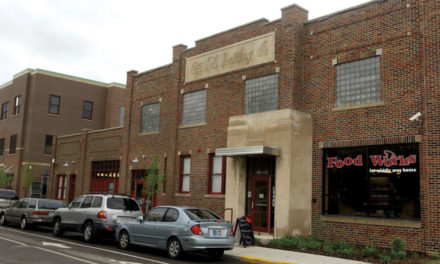BY JEREMY SHERE
For the past few years, the faith-based environmental organization Hoosier Interfaith Power and Light (H-IPL) has been combating climate change by encouraging its member congregations to use less fossil-fuel-derived energy and encourage their members to do the same. Now, with the aid of a $150,000 grant from the Indiana Office of Energy Development (one of only five awarded to 58 applicants), six H-IPL congregations in Bloomington and Indianapolis will go one step further by installing electricity-producing solar panels.
“[Getting the grant] is extremely exciting because it’s a product of Indiana congregations from across the religious spectrum coming together to help curb climate change,” says Madeline Hirschland, vice chair of H-IPL and manager of the solar grant. “Our initiative also speaks to the urgency of the [climate change] situation and how strongly our congregations feel about the obligation to care for the gift of God’s creation and for future generations.”
For the participating congregations—St. Thomas Lutheran Church, Trinity Episcopal Church, Unitarian Universalist Church of Bloomington, and Congregation Beth Shalom (all in Bloomington), and Englewood Christian Church and Unitarian Universalist Church of Indianapolis (both in Indianapolis)—the solar grant is part of a larger H-IPL program called the “Seventh Day Initiative” that asks member congregations to commit to reducing their energy use by 25 to 40 percent. So far, these churches and synagogue have succeeded in lowering their natural gas use by an average of 35 percent and their electricity use by 18 percent—numbers that, for Hirschland, provide hope.
“Scientists say that we need to cut fossil fuel use by 80 percent to avoid a climate catastrophe; we’re already heading toward 40 percent and it wasn’t that difficult,” she says. “Installing solar panels will help us cut the other 40 percent off our fossil-fuel-based electricity use. And because people have a strong sense of ownership of their congregations and look to their faith communities for ethical guidance, our commitment to reducing our carbon footprints can have a powerful effect.”
H-IPL plans to use its experience and success to educate and inspire other congregations throughout the state, having already scheduled 21 workshops in ten Indiana cities. Hirschland and her fellow H-IPL leaders expect to reach at least 225 congregations with more than 27,000 members.











